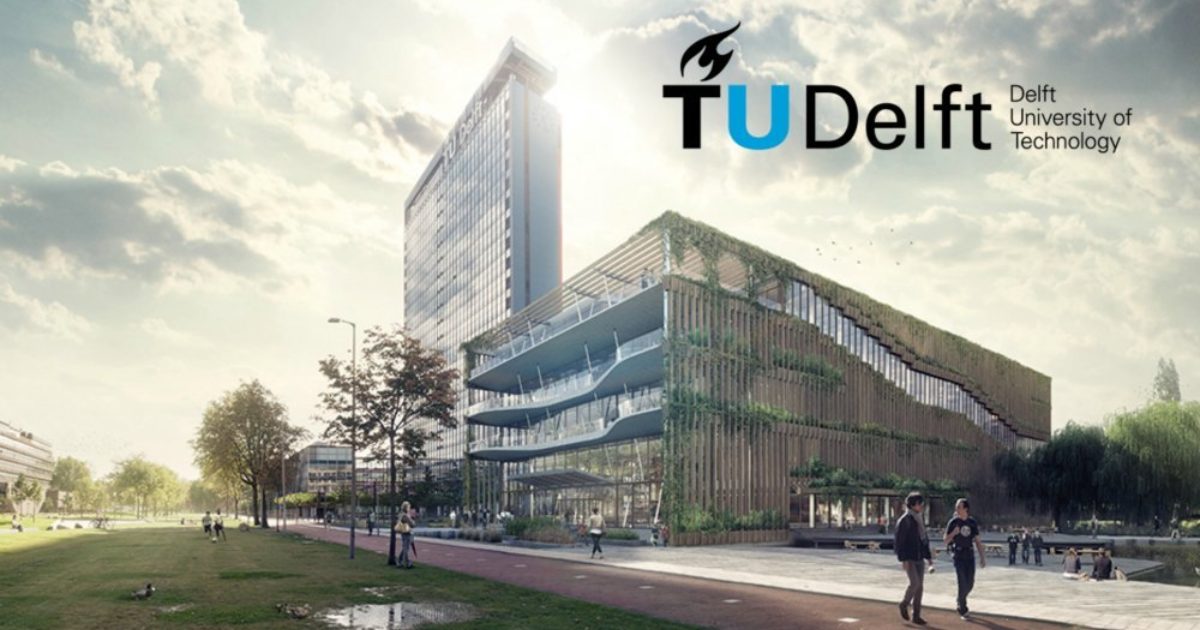TU Delft: TU Delft’s Reactor Institute takes another step forward as a testing ground for innovation
The Reactor Institute Delft (RID) continuously invests in better measuring methods and techniques in order to facilitate pioneering research. We have accelerated this with the OYSTER (Optimised Yield – for Science, Technology & Education – of Radiation) programme. The first phase of the upgrade of the reactor and instruments has been completed, as a result of which the Higher Education Reactor (HOR) can now be used much more accurately and broadly in research and can better meet demands from the scientific world and from the market.
Guided tour for the Executive Board and the Dean
To mark the moment, two members of the Executive Board, Tim van der Hagen and Marien van der Meer, were given a guided tour together with Paulien Herder, dean of TNW. This was given by Bert Wolterbeek, director of RID, Jan Leen Kloosterman, head of RST and Camiel Kaaijk, head of development of HOR.
Research
The potential for radiation-related scientific research and innovation in the fields of health, sustainable energy and materials is significantly enhanced and expanded. The broad scope ranges from medical isotopes for cancer diagnosis and treatment, batteries and solar cells to improved steels.
10 years
Since the start of the OYSTER project, a number of unique new instruments have already been realised, such as
The PEARL neutron diffractometer with which scientists from home and abroad conduct research into new energy materials.
The flexible irradiation facility for research into new production routes of medical isotopes.
100 times better
With these modifications, OYSTER enables Delft to perform measurements 100 times better or faster than at present. This improvement will contribute to high-quality scientific research, accelerated innovation and thus to our Dutch knowledge economy.
The cold source is expected to be installed in July-November 2022, after which the upgrade will be complete. By then, the effectiveness of the neutrons will have been increased.
Reactor Institute Delft (RID) and the Radiation, Science & Technology (RST) department of TU Delft
For more than 50 years, RID and the scientific department RST together form the Dutch knowledge centre for research and education in the field of radiation. With our knowledge and expertise, we make an important contribution to fundamental and applied scientific research.
We are the Dutch centre for scientific research and education in the field of reactor physics, neutron and positron radiation, radiation detection and radiochemistry. Much of the research focuses on medical applications, such as the production of medical isotopes and the diagnosis and treatment of cancer. In addition, new materials are developed for sustainable energy such as solar cells and batteries, and work is carried out on the nuclear reactors of the future.
The RID offers expertise services for companies and organisations, making use of its research facilities and instruments. The institute also trains people to work safely with radiation. We are part of an international network of top institutes that obtains knowledge and instruments for their own research in Delft.
Development of products and materials
For a large group of (multinational) companies, we are of great importance in the development of products in the food industry, microelectronics, steel and plastics production, etc. In the healthcare sector, we collaborate with academic hospitals in the development of diagnostic and treatment therapies for cancer and other diseases. For the energy sector, neutron research leads to better methods for energy storage with hydrogen and batteries.

